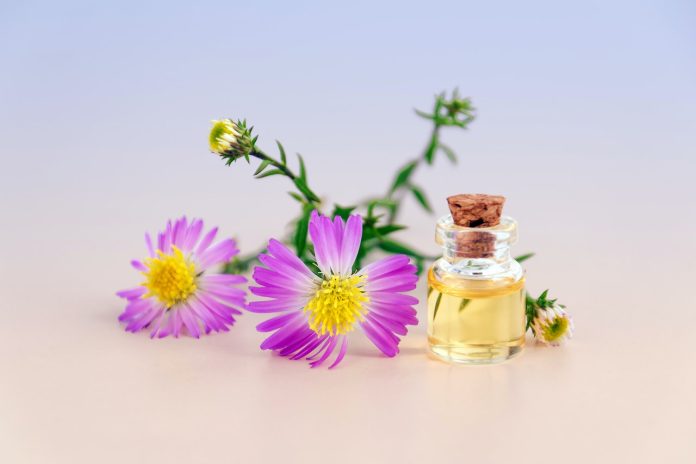The use of essential oils dates far back before civilization, and people still widely use them today. Similarly, how to use essential oils is one question many people keep asking, especially now that essential oils are increasingly more available. Their rise in popularity is due to the numerous health benefits of essential oils. To gain the most from any essential oil largely depends on how you use it. However, before we talk about how to use them, we have to ensure you understand what they are.
What Are Essential Oils?
Essential oils, as the name suggests, are concentrated oils extracted from plants. Essential oil is so concentrated that you need close to 250 pounds of lavender flower to extract approximately a pound of lavender essential oil. Because you need so many plants to produce a tiny amount of essential oil, they are quite potent so they are so effective. Their production is through distillation or cold press, during which several phytochemicals in the plant are extracted. After that, the extract combines with a carrier oil to produce what we know as an essential oil.
Top 5 Essential Oils – Uses and Benefits
There are so many types of essential oil with different benefits. Choosing one largely depends on the benefits you want to explore. Below are the top five:
Herbaly Sugar Balance Essential Oil
Herbaly sugar balance essential oil is a mixture of different essential oil like cinnamon, clove bud eucalyptus, lemon, and rosemary. Each Herbaly sugar balance essential oil ingredient comes with different health benefits to create one ultimate essential oil. One way to use this essential oil is to apply it directly to your skin. Another way to use the Herbaly sugar balance essential oil is in an essential oil diffuser. The Herbaly sugar balance essential oil:
- Potentially helps maintain the sugar level in the blood;
- Contributes to restoring balance in the body by detoxing the liver; and
- Potentially helps to increase the production of insulin in the body.
Lavender Oil
Another common essential oil worth buying is the lavender oil from the plant lavender. Lavender is commonly used in aromatherapy mixtures, where it is inhaled. However, some people apply lavender essential oil directly to the skin and massage it. Additionally, unlike some essential oil, lavender is one of the few safe for oral consumption. What makes lavender essential oil exceptional is that it boasts many health benefits. Generally, the lavender essential oil:
- Potentially helps reduce stress;
- Alleviates headaches;
- Helps deal with skin infections; and
- Aids in cleansing the skin and lessen irritation and redness.
Peppermint Oil
Peppermint essential oil is another quite common type of essential oil, popular for its aromatic fragrance. It is a hybrid from the crossing of two herbs: water mint and spearmint. Use of peppermint oil is by aromatherapy in its concentrated form or by diluting and applying it directly on the skin. Peppermint oil is not safe for oral consumption in its concentrated form. However, peppermint oil usually comes in capsules — taken as a daily supplement. Peppermint essential oil:
- Reduces the feeling of nausea;
- Aids in relieving common cold;
- Potentially helps relieve muscle pain, itching, and headache; and
- Is a nice addition to cosmetic products because of its pleasant scent.
Tea Tree Oil
Tea tree oil is one of the most orally consumed oils. As the name suggests, people popularly consume tea tree oil as a tea. However, it is not to be confused with black, oolong, and green tea. People looking for an alternative way to use tea tree oil also try aromatherapy. Tea tree oil can also be applied directly to the skin in its diluted form. Most people know tea tree oil to:
- Contain compounds that aid in fighting bacteria;
- Serve as a natural deodorant;
- Have antiseptic properties that potentially prevent broken skin from infection; and
- Aid in healing wounds.
Lemon Oil
Lastly, lemon oil is completely natural oil from the peel of lemon that is worthwhile to get. What makes lemon oil such a great essential oil is that it can help with various ailments. Generally, people use lemon oil by diffusing it in the air through aromatherapy. However, if you do not want to use it this way, you can apply it topically on the skin with a carrier oil. Most people know lemon oil to:
- Potentially help reduce stress and tension;
- Ease nausea;
- Aid digestion; and
- Potentially help fight against skin inflammation.
Find a Home-Based Business to Start-Up >>> Hundreds of Business Listings.

















































